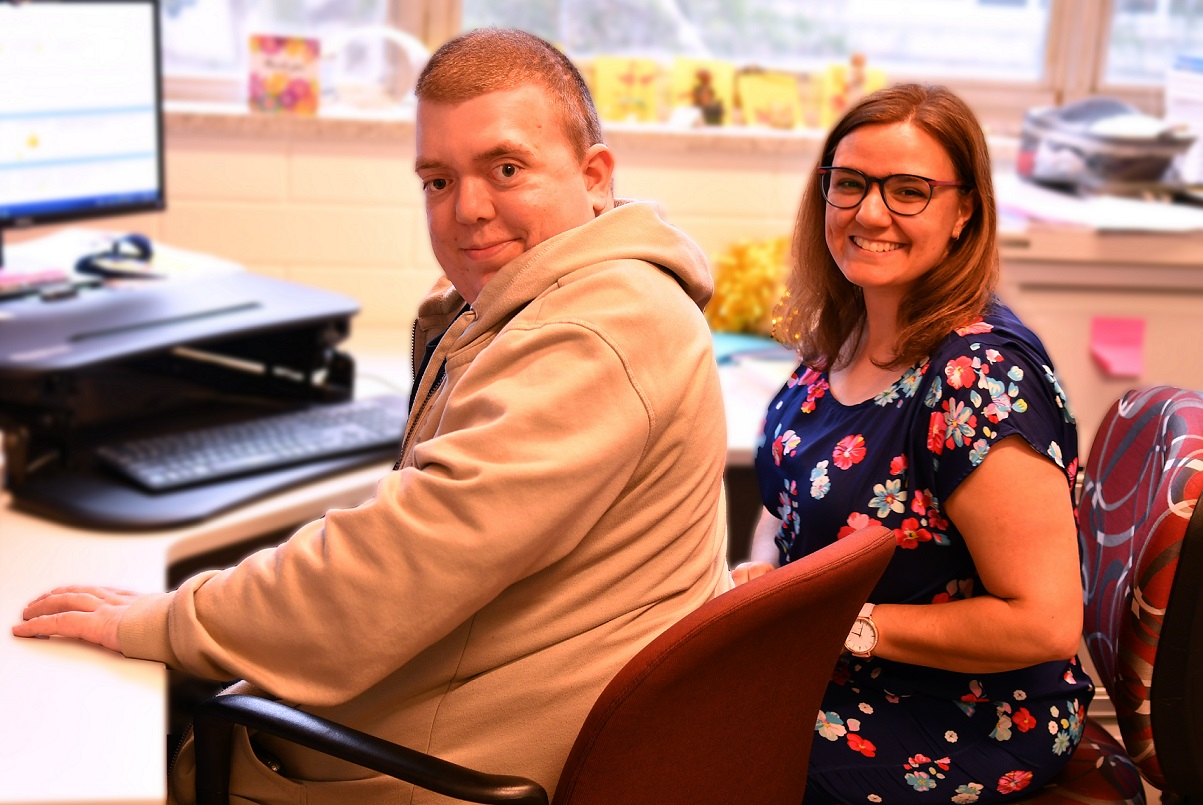
December 3 is International Day of Persons with Disabilities, and a fitting occasion to delve into the world of Dr Fiona Rillotta, lecturer in Disability and Community Inclusion, whose work is providing people with intellectual disability greater access to university education.
What made you decide to work in your chosen field?
I believe in equal opportunities for everyone. I recognise that people with intellectual disabilities deserve to access the same opportunities and inclusion as anyone else, yet there is limited awareness in society. We need to know more about how to encourage positive attitudes towards inclusion in various settings, to further drive and enhance inclusive environments. I want my research to have a real impact on real lives.
What is your current research about?
My research area is inclusion and accessibility for people with intellectual disability in education and in the community – especially at university. I focus on promoting positive attitudes to facilitate inclusion.
Does this have benefits for the wider community?
Further support for people with intellectual disability to successfully attend university will lead to a more inclusive society at all levels of education and beyond. It will also result in people with intellectual disability acquiring employability skills and receiving qualifications that lead to better career pathways, together with demonstrating that people with intellectual disability are capable and can contribute to the community just as others without disability do.
What has been your proudest moment as a researcher?
Definitely seeing the difference that inclusion at university has made in the lives of people with intellectual disability, notably through our Up the Hill Project. Listening to the stories of people with intellectual disability and their family members who explain how far they have come, exceeding expectations. It has been wonderful to witness the growth in confidence and how peers without disability naturally include the person with intellectual disability in discussions, and social interactions.
What has been your most challenging moment as a researcher?
Convincing decision makers that this is the most significant research to fund, ahead of many other worthy projects. Recruitment of research participants can be a challenge. We have well designed research projects that have great capacity to contribute to the evidence base and with results that can be implemented in practice in the disability field; however, without participants willing to contribute, we may not be adequately informed directly by the people whom this research impacts on.
What does a normal day look like for you?
It varies. In any given day I can go from writing a grant application, to doing interviews for data collection or reviewing published research, giving lectures, meeting with students, marking assessments, attending board or committee meetings – but the highlight is interacting with the people with intellectual disability who inform my work.
If there is one piece of advice you could impart on future researchers and university students, what would it be?
You don’t have to be brilliant to achieve great things; you just need to work hard and believe in what you are doing. Enthusiasm and a positive attitude make all the difference when juggling multiple responsibilities.
How do you relax away from work?
I love riding my bike, but the thing I love the most is hanging out with my family, especially my children.

